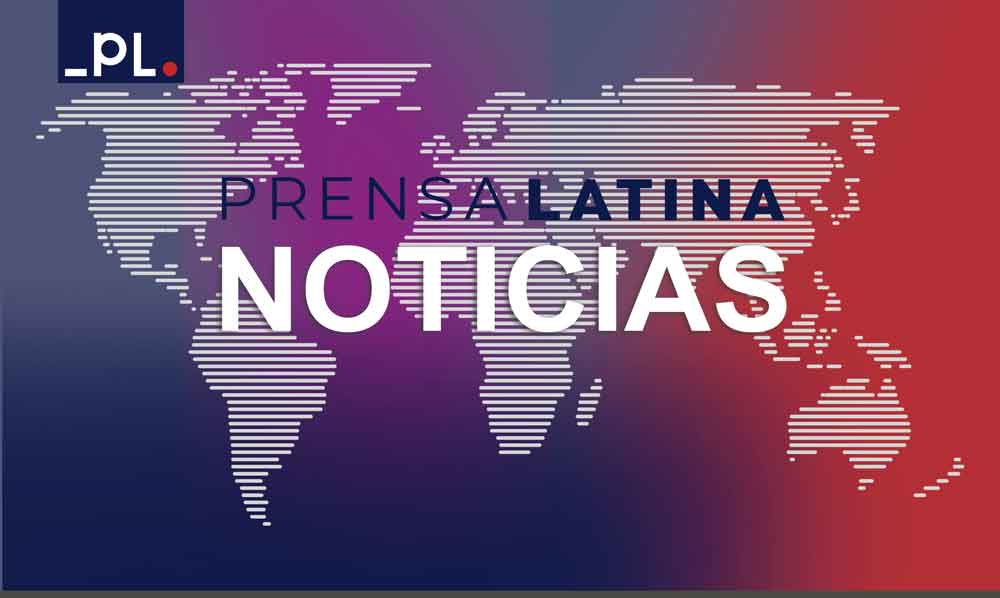According to the organization, between 1970 and 2021, 35 percent of deaths related to the effects of weather, climate and water occurred in Africa.
Despite this, 60 percent of Africa’s population had no access to early warning systems, the lowest rate of any region in the world.
According to the State of Africa’s Climate 2022 report published in September 2023, severe weather events occurred in several countries during the reporting period, causing untold devastation to communities as well as significant economic impacts.
These include droughts in the Horn of Africa and severe floods in southern parts of the continent such as Mozambique and South Africa.
Due to the relevance of the issue, at the end of October last year, the African heads of the National Meteorological and Hydrological Services met in South Africa and received training on a WMO-sponsored leadership training program aimed at protecting millions of people at risk from the negative impacts of the climate change.
“Climate change is just around the corner and meteorological services are tasked with building resilience,” said Dr. Adérito Aramuge, Vice President of the WMO Regional Association I (Africa) and also Director of the National Institute of Meteorology, at this event. from Mozambique.
“Heads of meteorological services must do everything they can to ensure they have early warning systems in place in their countries. We need to mobilize resources for this,” Aramuge said.
Last year, United Nations Secretary-General Antonio Guterres called on the world’s nations to work to protect all the world’s inhabitants from dangerous weather, water or climate phenomena through life-saving early warning systems.
lam/lpn

